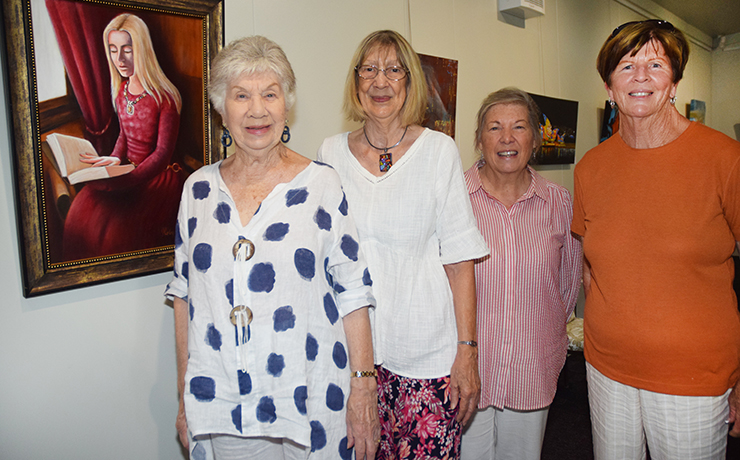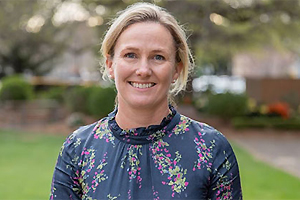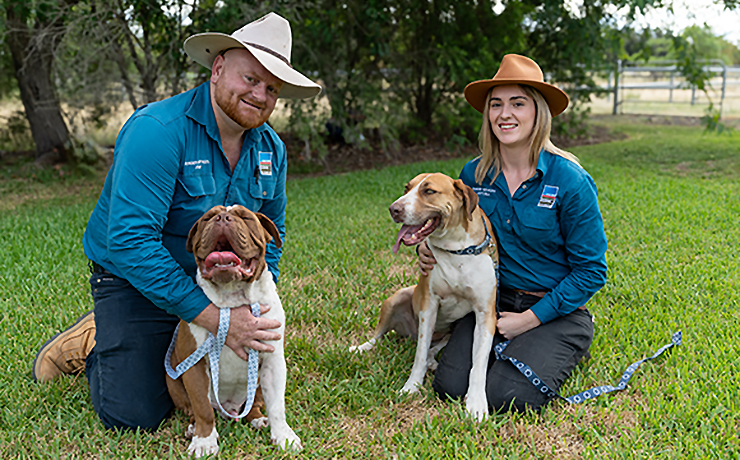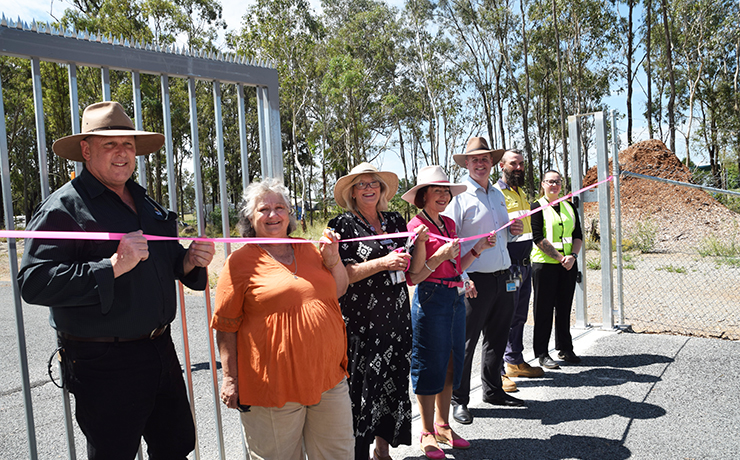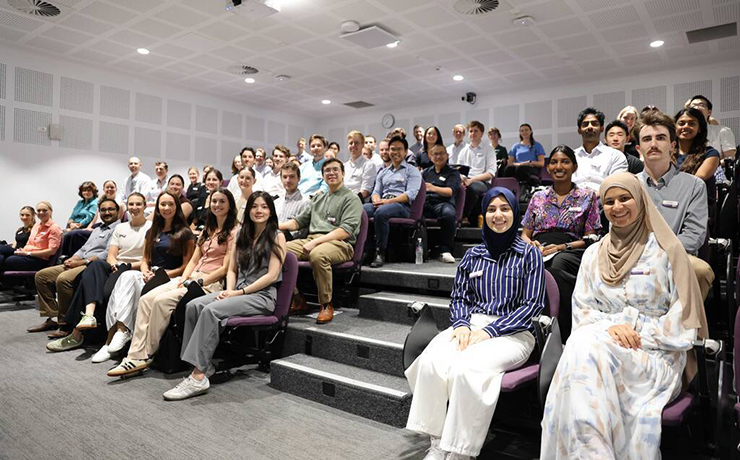
March 7, 2019
by Dafyd Martindale
The Local Government Association of Queensland (LGAQ) plans to call a rare General Meeting on April 2 to discuss reforms the State Government wants to introduce to Council elections and the way Councils operate.
Controversially, the reforms include councils paying candidates who achieve more than 4 per cent of the vote $1.57 per vote, up to the maximum amount they’ve spent on their campaign.
This change, if passed, could cost South Burnett ratepayers an extra $58,000 each election.
Another reform would limit candidates running for seats in Councils with fewer than 200,000 voters to a maximum election spend of $10,000 ($30,000 for Mayoral positions).
Still other changes would limit Brisbane City Council’s “special” status and force it comply with the same conditions as the rest of Queensland’s councils.
These reforms – and many others – were released in a detailed information paper (356kb PDF) on Tuesday night.
Local Government Minister Stirling Hinchliff said the proposed reforms were about creating standard regulation and better transparency.
They form part of the state government’s response to the Crime and Corruption Commission’s Belcarra report which was handed down last year after allegations of corruption at several south-east Queensland councils.
LGAQ CEO Greg Hallam said the changes deserved serious, informed community debate.
“Voting systems are a matter for voters and all current 579 elected members in our sphere of government, not solely a topic of discussion for the State Government or even the LGAQ itself,” he said.
Mr Hallam said the State Government’s proposal for Compulsory Preferential Voting underlined why public discussion was needed.
“Neither the Belcarra report nor the Soorley review of the 2016 local government elections recommended Compulsory Preferential Voting,” Mr Hallam said.
“It is the polar opposite of the Optional Preferential Voting system, where voters are free to “just vote one” and not bother with numbering the other boxes, that has been the law in local government elections since 1994.”
The State Government’s proposed reforms include:
- Compulsory preferential voting in council elections, the same as in Federal and State elections
- A sliding scale of spending caps on council candidate campaigns
- Compulsory candidate training
- Proportional representation on undivided councils
- Tighter regulation on discretionary funds
- Clarity on council candidate campaign finance records
- Public funding for council candidate campaigns in a bid to reduce candidate reliance on third-party donations
- Greater transparency in council meetings and the topics discussed
- All council committees to keep meeting minutes
- Community consultation on council budgets
- More limits on what can be done during caretaker periods after a council election date is announced
- Public registers of interest – all candidates will be required to disclose any contracts they have with council, their political party membership or any development applications they or close associates have before council
- The allowance for undivided councils to nominate for mayor and councillor – divided councils may not have dual candidacy for mayor and councillor
- Real-time financial and gift disclosures for council candidates, groups of candidates, and third parties
- More regulation on councillor conflicts of interest, including better disclosure of contracts between the council and a councillor or their close associates
- Councillors must be given information they request from council within five days
- All Councillors to be responsible for preparing and presenting the Budget, not just the Mayor
- Ending the power of Mayors to direct senior staff by transferring it to the CEO
- Limiting the directions Mayors can give CEOs to those which are in accordance with Council policies and directions
- Brisbane City Council’s establishment and coordination committee will lose its exemption for right to information requests
- Brisbane City Council’s councillor complaint system will be reformed to standardise it with all other councils
Related article: Mayors Oppose Council Voting Changes












